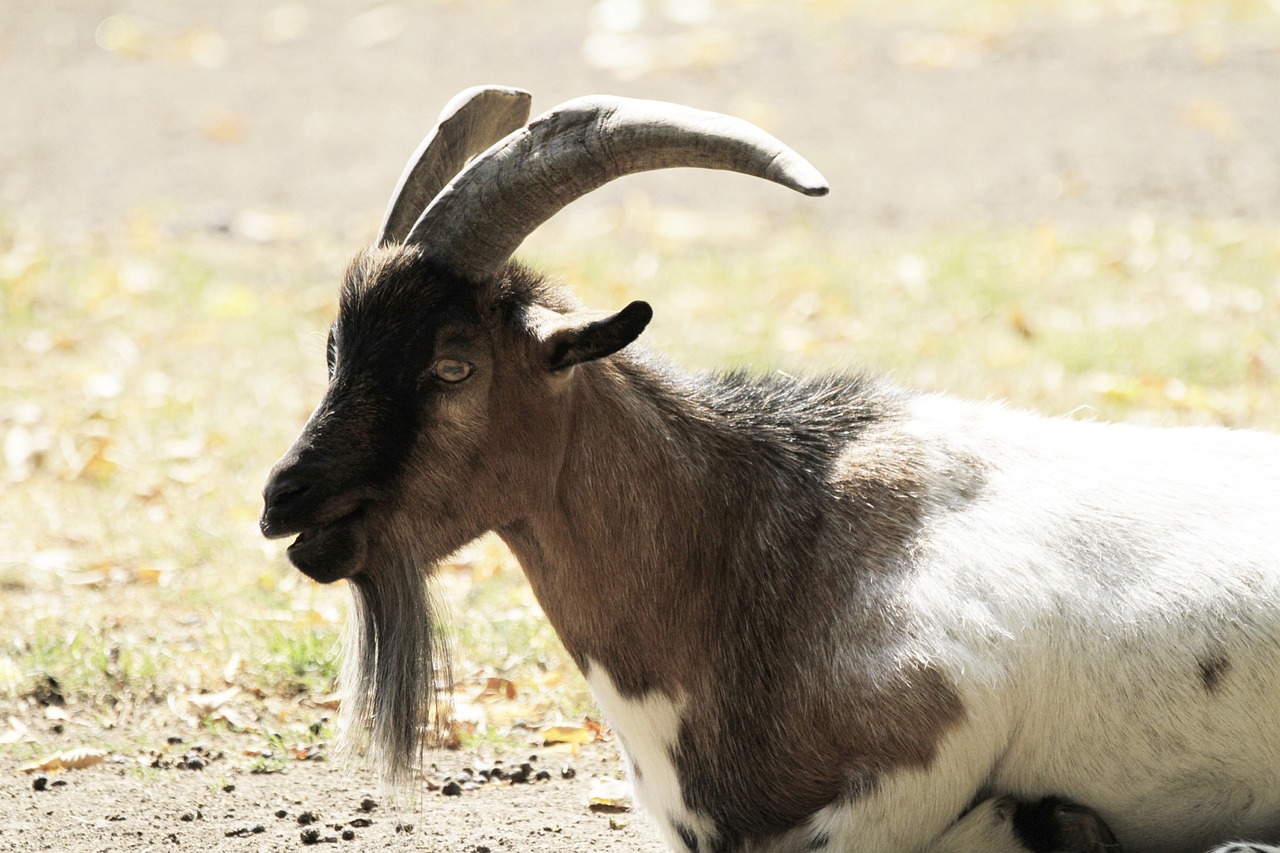Bragi: The Bard of Valhalla
Bragi, celebrated as the learned bard in Valhalla, carries the Old Norse meaning of “Poet.” He is often depicted in Viking Age literature entertaining the einherjar—the brave souls who reside in Odin’s grand hall—while also warmly welcoming fallen heroes into their ranks. An intriguing detail from the Eddas portrays him as having runes engraved on his tongue, symbolizing his connection to the spoken word.
Historically, Bragi is believed to be based on Bragi Boddason, a notable bard from the ninth century. His poetic masterpieces were so remarkable that generations later envisioned him being chosen by Odin to serve as the court poet of Valhalla. Given the need for a bard to sing the esteemed exploits of valiant warriors, kings, and the chosen ones of Odin, Bragi’s appointment seemed an appropriate honor.
During the Christian Middle Ages, Old Norse writers amplified Bragi’s significance, elevating him to the status of a deity of poetry. Some argued that the Old Norse term “bragr,” which translates to poetry, was derived from his name. Bragi was also reputed to be the husband of Idun, the goddess safeguarding the immortality of the gods through her life-giving fruits.
Nonetheless, this later interpretation may stem from a misunderstanding. Historical evidence suggests that Bragi never held the status of a god during the era when Norse paganism was actively practiced.
Should you wish to explore more about the intricacies of Norse mythology and religion, a multitude of resources is available. A comprehensive exploration can be found in specialized literature dedicated to the themes of Norse mythology.



